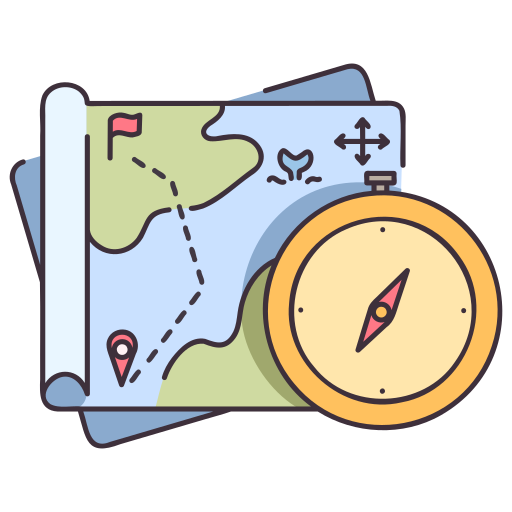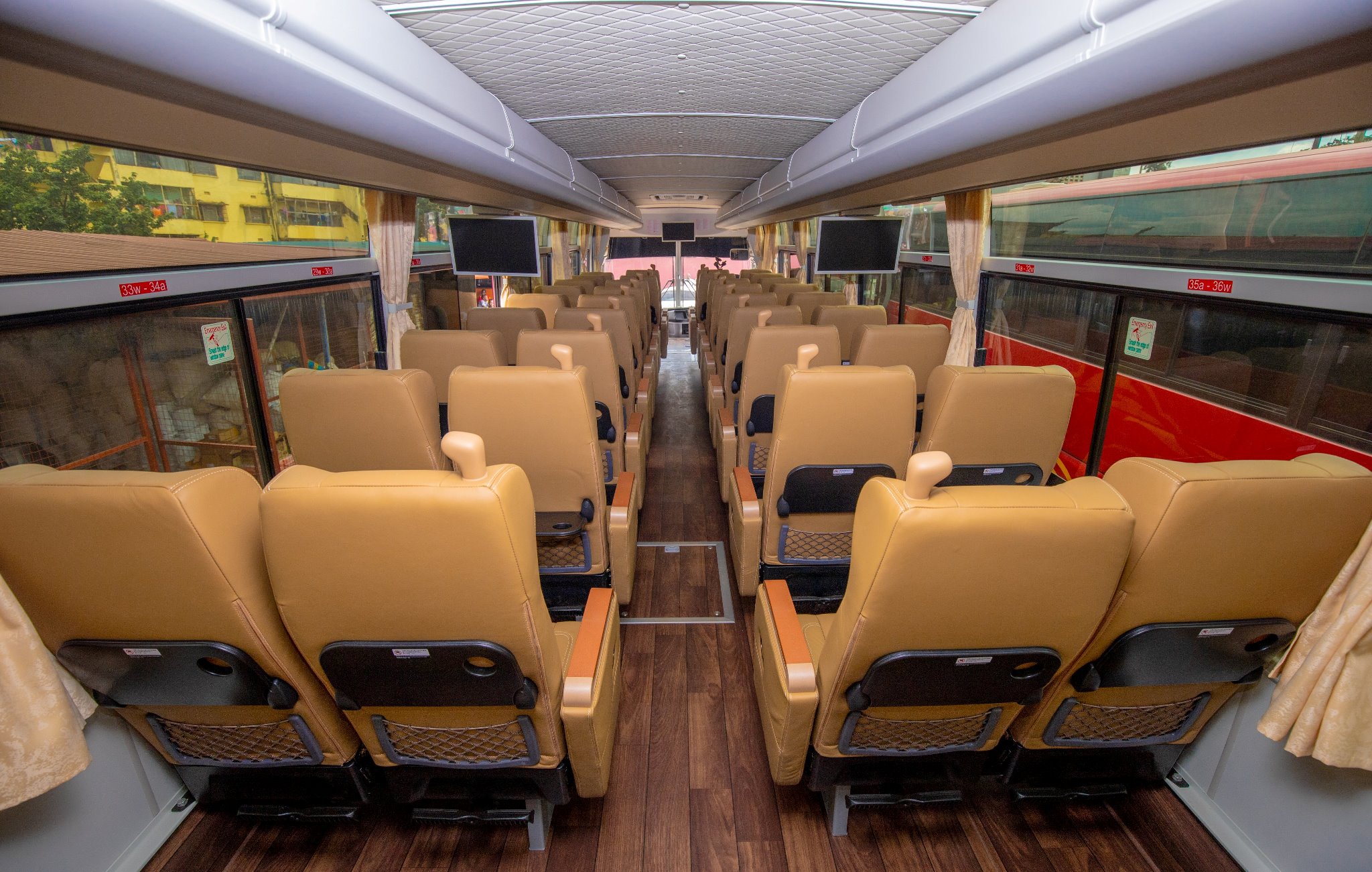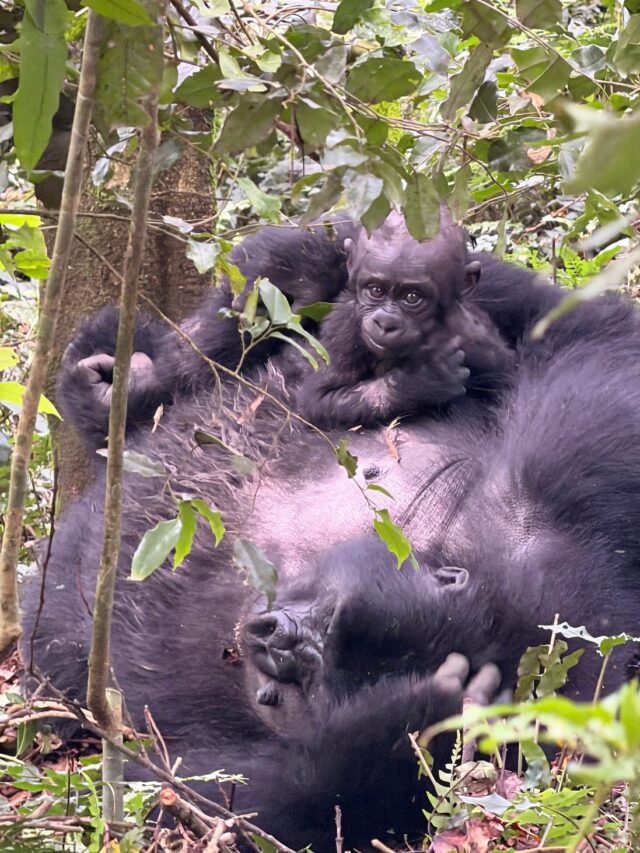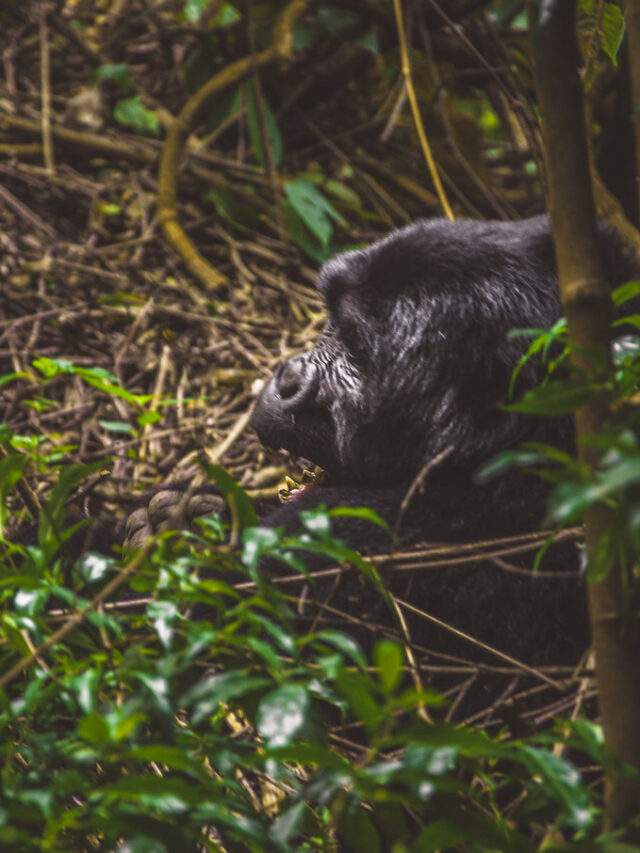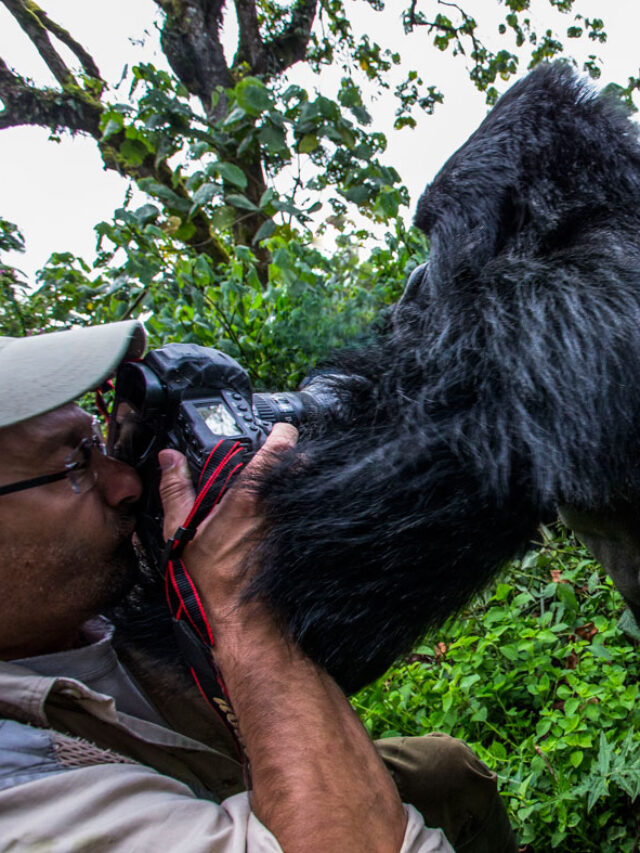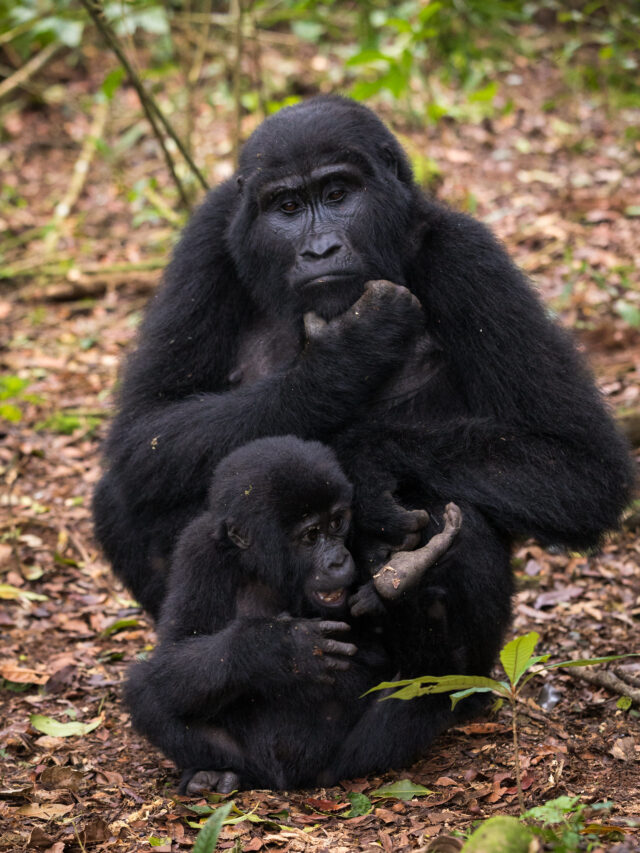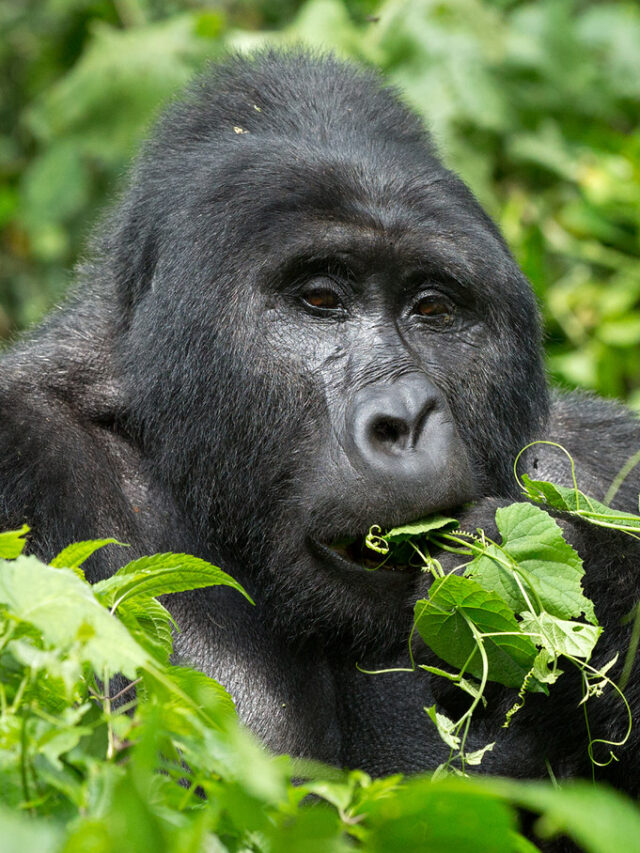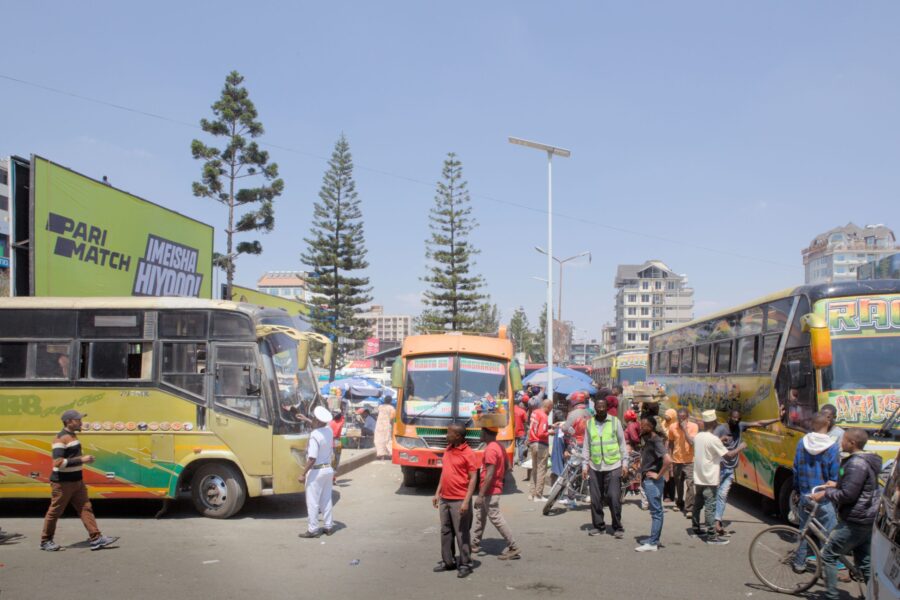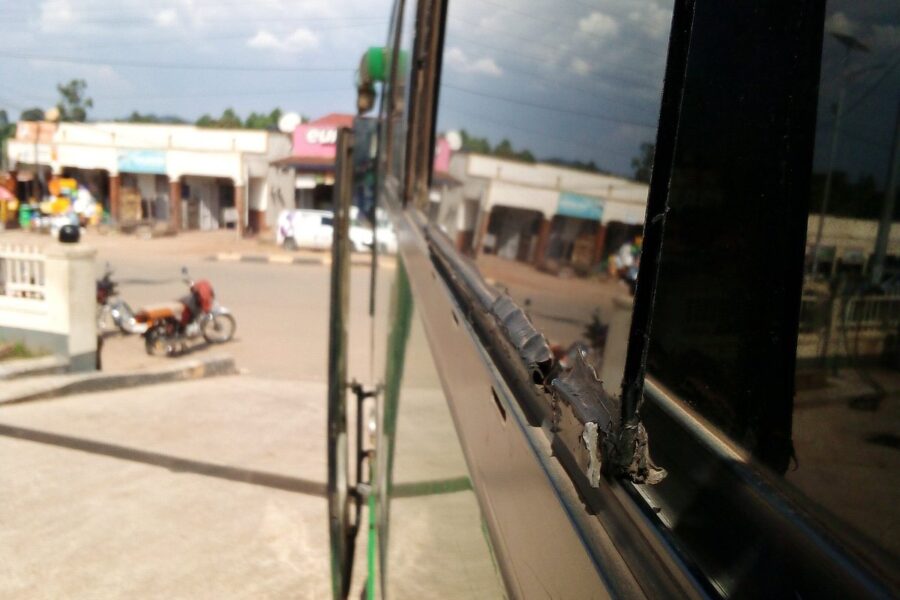From Kampala to Kigali by Bus: Hitting the Road from Uganda to Rwanda
Not Just a Journey, but a Story You’ll Remember
If you’ve ever wanted to witness the beauty of East Africa unfold outside your window, the bus ride from Kampala to Kigali offers something more than just transit—it’s a deeply immersive experience. Winding through lush countryside, lively towns, and borderland moments filled with anticipation, this overland route is not just the cheapest way to get from Uganda to Rwanda, it’s also the most memorable.
Whether you’re a backpacker chasing budget-friendly adventure, a digital nomad avoiding flight stress, or simply someone who wants to see the real East Africa in motion, traveling by bus between these two capital cities is a story of its own. One that begins with the early morning hustle of Kampala and ends in the gently rolling hills of Kigali—a city of peace, beauty, and surprising calm.
Let’s take you there, step-by-step.
What to Expect on the Kampala to Kigali Bus Route
From Kampala to Kigali by Bus — The journey between Kampala, Uganda’s fast-paced, noisy, and chaotic capital, and Kigali, Rwanda’s surprisingly calm, green, and organized heart, is roughly 8 to 10 hours by road, depending on weather, border traffic, and the mood of the African roads.
You’ll typically cover about 500 kilometers, starting from the southern edge of Kampala, passing through towns like Masaka, Mbarara, and Kabale, before approaching the Gatuna border crossing—where Uganda and Rwanda meet.
The road itself is mostly tarmacked and in good condition, especially once you exit the Kampala traffic sprawl. Expect lots of winding climbs as you approach southwestern Uganda. In the rainy season, this road glistens with life—terraced gardens, banana plantations, and schoolchildren waving at buses passing through. In the dry season, it’s dusty but no less full of movement and color.
And when you finally descend into the valleys of Rwanda, there’s this undeniable change—you’ll feel it before you even realize it. The rhythm changes. The towns grow quieter. The roads become smoother. And somewhere between the winding curves and your first sight of the land of a thousand hills, you realize: this is not just a border crossing, it’s a shift in energy.
Choosing the Right Bus Company
This is not a flashy journey. It’s about endurance, patience, and keeping your eyes open. But choosing the right bus company can either make or break your day.
Modern Coast, Volcano Express, and Kinga Buses are among the most reliable providers on this route. Each offers slightly different standards—some with air-conditioning (which may or may not work), others with reclining seats and onboard entertainment that is usually tuned to East African gospel music or soap operas.
Morning departures between 5:30 AM and 8:00 AM are best if you want to avoid arriving too late in Kigali. Many buses leave from the Kisenyi Bus Terminal in Kampala, one of the busiest, loudest places you’ll ever visit—but also the heart of Uganda’s bus scene.
Buy your ticket a day before, if possible. Seats fill up fast, especially on Fridays and Sundays. Prices range from UGX 70,000 to UGX 90,000, which is about $18 to $24, depending on the company and demand.
Always check if you’re getting an express service (direct to Kigali) or one that stops frequently—those can add hours to your ride.
What You’ll Need for the Border Crossing
The Gatuna/Katuna border crossing is straightforward but requires patience. Uganda and Rwanda share a land border, but immigration can take time depending on how many buses arrive simultaneously. You’ll disembark here, stand in line with your passport, and go through both Ugandan exit procedures and Rwandan entry protocols.
Rwanda is strict and organized—you’ll need a valid passport and visa or visa exemption. For most East African citizens, this process is simple under regional agreements. If you’re a foreign traveler, make sure to check if your nationality requires a visa on arrival, or apply online through Rwanda’s e-visa portal days before you travel.
Don’t carry plastic bags into Rwanda—they are banned. If immigration officials find them in your luggage, they’ll confiscate them. Rwanda takes cleanliness and environmental laws seriously.
Sometimes, your bus may wait for you. Other times, you’re asked to board a different partner bus already across the border—don’t panic, the companies are used to coordinating this and you will not be abandoned.
Food, Stops, and the Local Experience
There are a few unofficial stopovers during the journey where vendors crowd around the bus selling boiled eggs, roasted meat on sticks (muchomo), gonja (grilled plantain), and soft drinks. These roadside food markets are like moving theaters of East African hustle, and your bus window becomes a literal buffet.
In towns like Mbarara or Kabale, there may be longer breaks where you can stretch your legs or use a pit latrine (don’t expect spotless restrooms—carry tissues and hand sanitizer).
Engage with the locals if you can. Share a smile. Ask questions. This is where East Africa opens itself to you—not just through landscapes, but through its people.
Arriving in Kigali: A World Apart
Kigali will feel different—almost shockingly so if this is your first time. Roads are clean, motorbikes wear helmets, and there’s a calmness in the air that makes you immediately slow your pace.
Most buses terminate near Nyabugogo Bus Park, which connects to local moto taxis and minivans (twegerane) heading into different parts of the city. If it’s late, grab a YegoCab or SafeMotos app, both more reliable than negotiating on the roadside.
By now, you’ll be tired, maybe dusty, but strangely fulfilled. Because that road from Kampala to Kigali wasn’t just about getting from A to B—it was about every curve, every face, every stolen moment of awe as Africa passed by your window.

